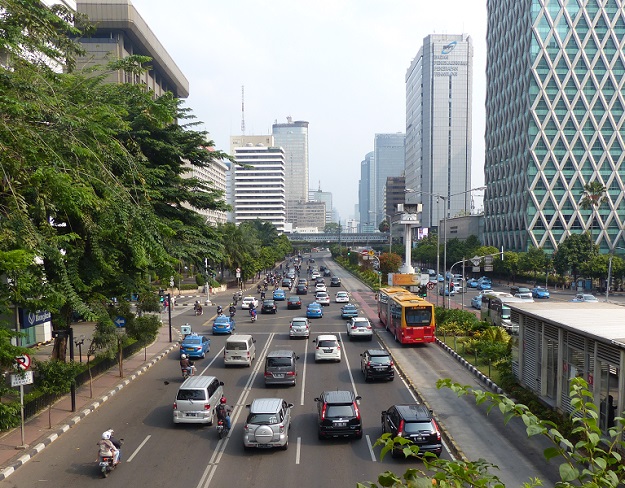Bank Indonesia’s Governor Supports Higher Subsidized Fuel Prices
Agus Martowardojo, Governor of Bank Indonesia, is highly supportive of president-elect Joko Widodo’s plan to increase prices of subsidized fuels before the end of the year as this move would help to diminish the country’s structural current account deficit as well as improve the trade balance. Widodo, who will assume office on 20 October 2014, is expected to raise prices of subsidized fuels by between IDR 1,000 and 3,000 per liter, and relocate state funds to social and economic development.

Martowardojo told reporters on Thursday (16/10) that “the sooner subsidized fuel prices are raised, the better.”
On Friday (17/10), Reuters reported that Widodo may raise prices of subsidised gasoline and diesel by 50 percent within two weeks of assuming office in a bid to save the government about USD $13 billion next year.
One of Indonesia’s most vital vulnerabilities is the wide current account deficit. In the second quarter of 2014, this deficit was USD $9.1 billion, or, 4.27 percent of the country’s gross domestic product (GDP). This deficit signals that the government relies on foreign capital inflows and therefore makes the country vulnerable, particularly in times of global turmoil or uncertainty.
Indonesia has been experiencing a structural current account deficit since late 2011 primarily caused by expensive oil imports to meet rising fuel consumption in Southeast Asia’s largest economy. Fuel consumption is able to rise quickly as the government subsidizes a large portion of fuel prices.
The central bank of Indonesia (Bank Indonesia) aims to push the current account deficit to around 3.2 percent of GDP in full-year 2014.
One negative side-effect of higher fuel prices is that it will cause accelerated inflation and as millions of Indonesians live just above the poverty line, it could result in a higher poverty rate if the government fails to implement social protection programs.
Bahas
Silakan login atau berlangganan untuk mengomentari kolom ini
